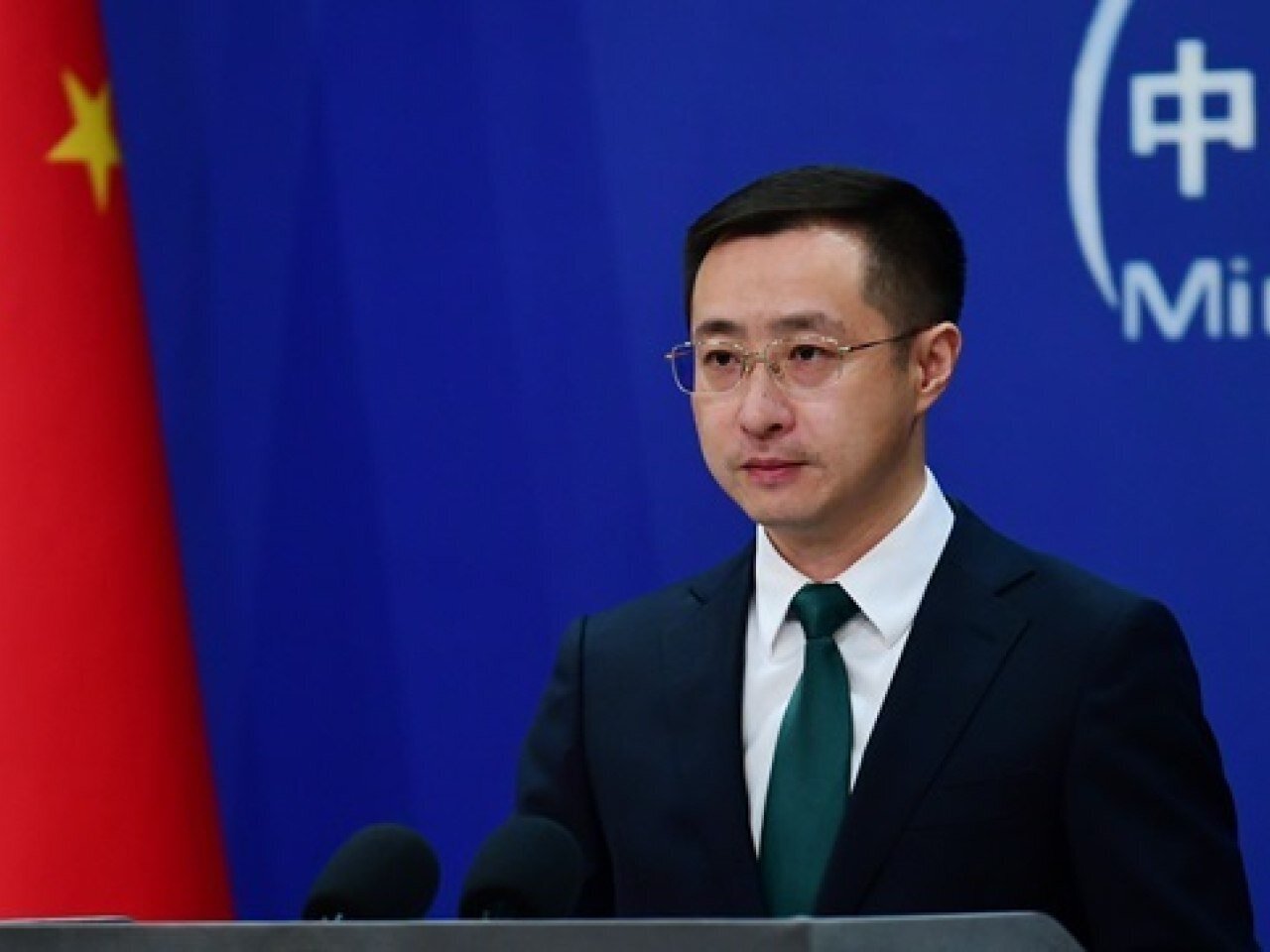China's technological advancements: A response to US trade war

BEIJING- China has denounced the recent tariffs enacted by US President Donald Trump, labeling them as an act of "bullying".
The US tariffs amount to "typical unilateralism and protectionism, and economic bullying", Foreign Ministry spokesperson Lin Jian said on Monday.
Lin made the comments during a press conference in response to a question regarding the effects of US tariffs on more than 180 countries and regions around the globe.
He added that the US under the guise of reciprocity, acts in a hegemonic manner, sacrificing the legitimate interests of other countries and placing "America First" above international rules.
The Chinese Foreign Ministry spokesman called on countries to jointly oppose all forms of unilateralism and protectionism, and safeguard the international system and the multilateral trading system according to the United Nations and World Trade Organization values respectively.
Trump announced the tariffs on Wednesday which included 34% levies on all Chinese goods entering the United States. Since his return to the White House on January 20, Trump has already implemented two rounds of 10 percent extra duties on all Chinese imports.
In response to the latest round of US tariffs, Beijing implemented its own 34% tariffs on all American imports on Friday, along with additional actions such as export controls on rare earth minerals and trade limitations targeting specific US companies.
Trump initiated a trade war against China in his first term (2017-2021). Nonetheless, China’s remarkable progress in the technology sector has served as a game changer, mitigating the effects of the trade conflict.
Since the onset of the U.S.-China trade war during Trump’s first administration, Chinese enterprises have gradually built resilience by developing indigenous technologies, says CGTN’s Zhao Chenchen
Zhao Chenchen, a multimedia reporter at CGTN, says the trade conflict initiated by Trump during his first term prompted China to advance its domestic technological capabilities.
“Since the onset of the U.S.-China trade war during Trump’s first administration, Chinese enterprises have gradually built resilience by developing indigenous technologies and diversifying their global supply chains. This transformation is closely tied to China’s broader industrial shift toward high-value sectors such as semiconductors and new energy,” Zhao, who covers major technological and scientific breakthroughs with a focus on aerospace, artificial intelligence, and engineering innovation, told the Tehran Times.
She noted that the US sanctions, which have restricted China's access to advanced electronic components, have also motivated the nation's companies to enhance their self-sufficiency.
“Despite U.S. sanctions that have blocked China’s access to advanced ASML lithography machines, Chinese semiconductor firms are working to build domestic capabilities across the entire value chain. Homegrown equipment is now capable of producing 28nm or older-generation chips, which remain sufficient for many consumer electronics that do not require cutting-edge nodes. Meanwhile, Chinese semiconductor firms are actively pursuing advancements in chiplet technology–a design approach that breaks down complex system-on-chip (SoC) designs into smaller, modular integrated circuits, a method increasingly adopted by many chip manufacturers,” the CGTN reporter said.
Zhao further said China has systematically prioritized basic research in its national strategies, with the 2025 Government Work Report explicitly pledging to "establish a mechanism to increase funding for industries of the future" like quantum computing and AI.
Citing an article by the CDI China Development Zone Innovation Research Institute, Zhao said the compound tariffs will “fundamentally reshape the competitive dynamics between Chinese and U.S. manufacturing, forcing China to undergo a difficult three-to-five-year transition from cost-driven exports to technology-driven globalization.”
Leave a Comment